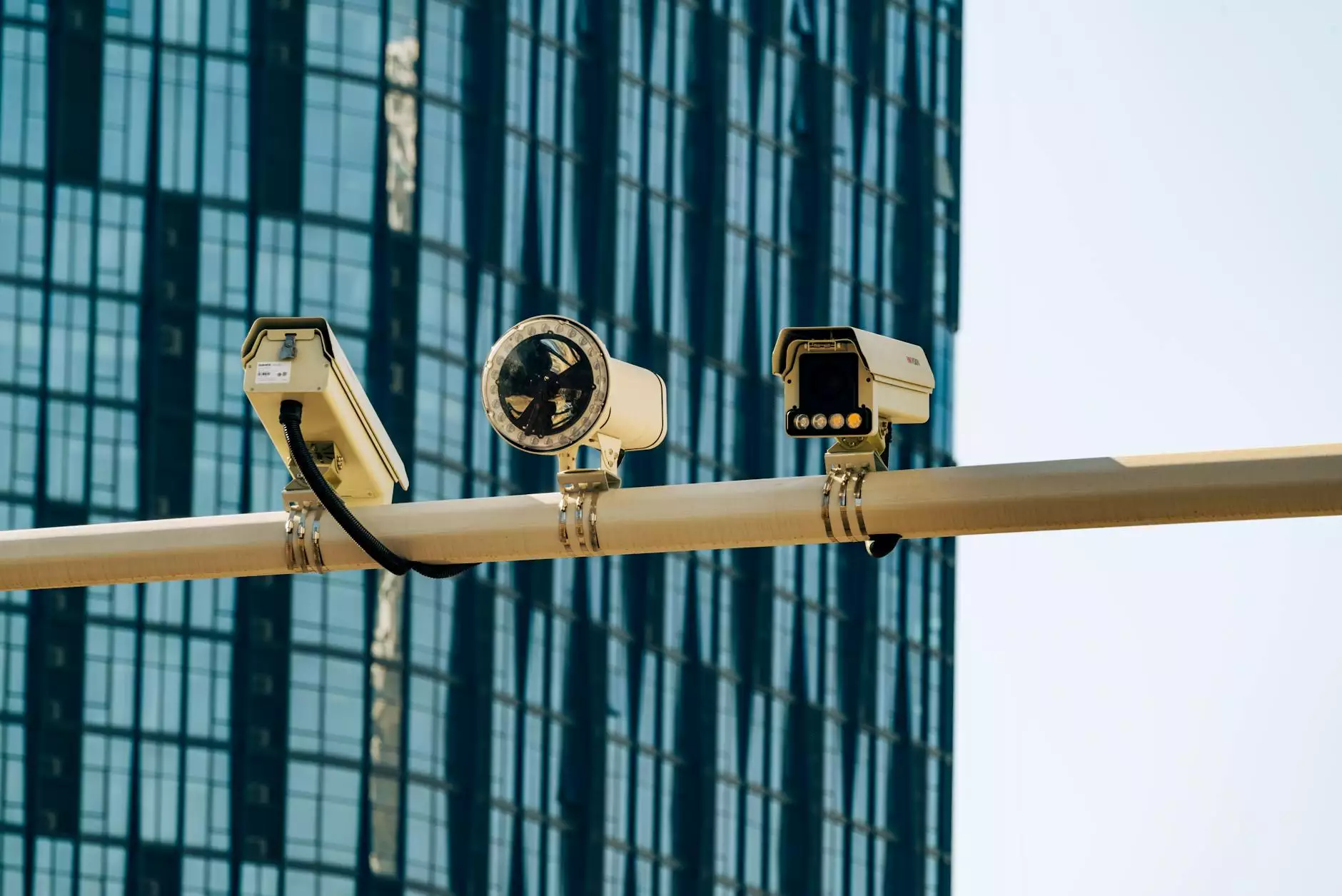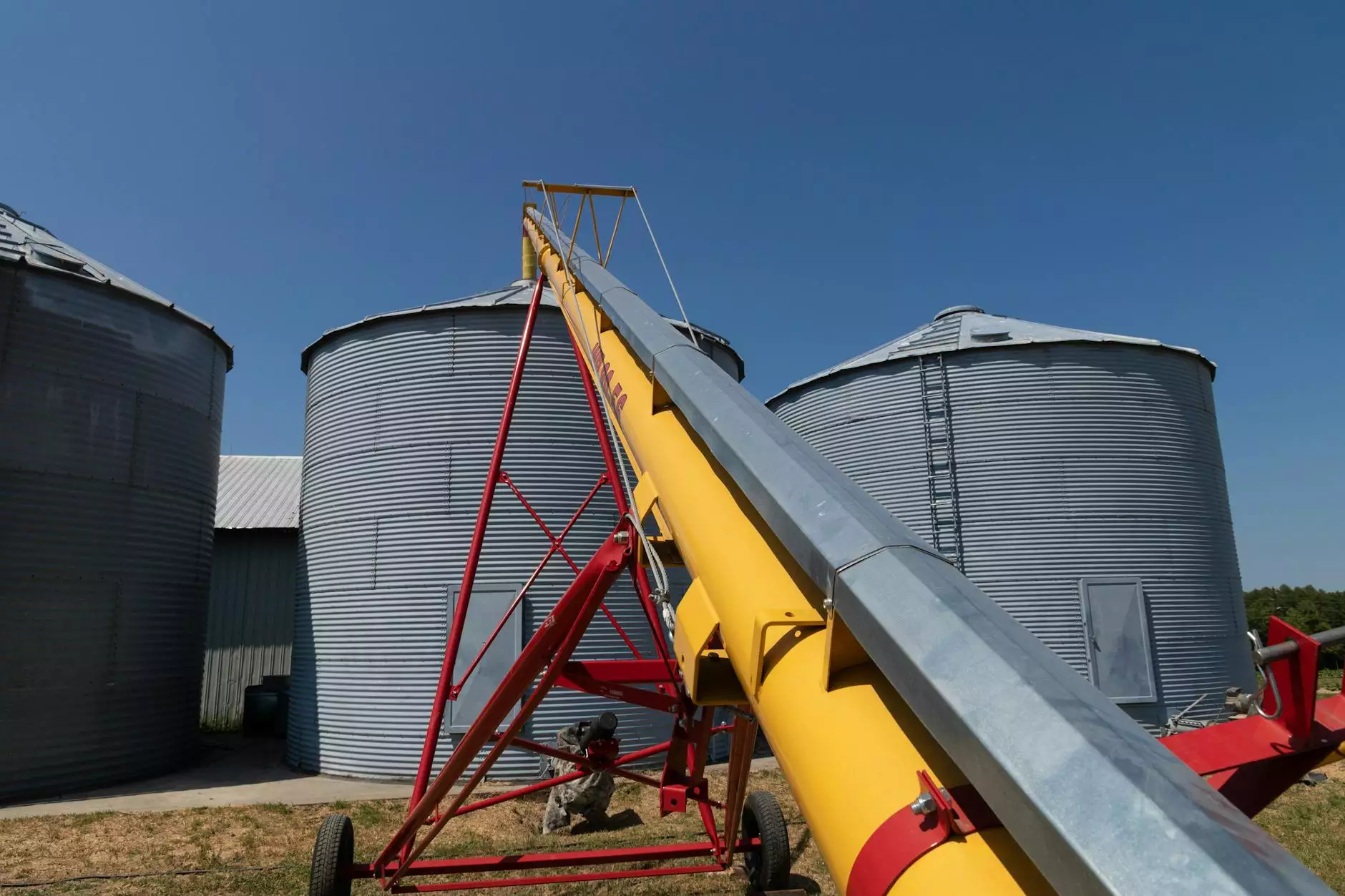Understanding Video Surveillance Camera Systems for Modern Business Security

In today’s fast-paced business environment, ensuring the safety and security of your organization is paramount. One of the most effective ways to safeguard your assets is through a robust video surveillance camera system. Whether you’re a small business owner or managing a large corporation, investing in state-of-the-art surveillance technology can provide peace of mind and serve as a deterrent to potential threats.
Why Invest in a Video Surveillance Camera System?
Understanding the myriad benefits of installing a video surveillance camera system can help you recognize the value it brings to your business. Here are some key reasons:
- Deterrence of Criminal Activity: The mere presence of security cameras can discourage criminal behavior such as theft, vandalism, and intrusion.
- Monitoring Employee Activities: Surveillance systems allow you to oversee employee productivity and ensure compliance with workplace policies.
- Incident Resolution: In case of disputes or accidents, recorded footage can provide valuable evidence for resolution.
- Remote Access: Modern surveillance systems offer remote viewing capabilities, allowing you to monitor your premises from anywhere in the world.
- Insurance Benefits: Many insurance companies offer discounts on premiums for businesses that utilize video surveillance to mitigate risks.
Types of Video Surveillance Camera Systems
When it comes to implementing a video surveillance camera system, there are several types available, each suited for different environments and needs. Let’s explore these options:
CCTV Cameras
Closed-Circuit Television (CCTV) cameras are the most traditional form of video surveillance. They transmit signals to specific monitors, providing a closed and secure viewing experience. They are ideal for monitoring specific locations without broadcasting the footage publicly.
IP Cameras
Internet Protocol (IP) cameras offer enhanced features compared to traditional CCTV cameras. They connect to the internet, allowing for higher resolution video, remote monitoring, and the ability to integrate with various security systems. IP cameras provide flexibility and scalability for any business.
Wireless Cameras
Wireless cameras eliminate the need for extensive wiring, making installation easier and more cost-effective. They are particularly useful for temporary installations or hard-to-reach areas, and many models come with battery-powered options for even greater versatility.
Pan-Tilt-Zoom (PTZ) Cameras
PTZ cameras are sophisticated devices that can pan, tilt, and zoom to cover large areas. They are ideal for monitoring perimeters and large spaces, offering flexible observation capabilities with a single camera.
Dome Cameras
Dome cameras are discreet and versatile, often used in retail and business environments. Their design helps conceal the camera’s direction, making it difficult for intruders to determine which way the camera is pointing.
Choosing the Right Video Surveillance System for Your Business
Selecting the appropriate video surveillance camera system begins with understanding your specific security needs. Consider the following factors:
- Area Size: Assess the size of the area you need to monitor. Larger areas may require multiple cameras or a PTZ system.
- Lighting Conditions: Consider the lighting in your business environment, as low-light conditions may necessitate cameras with night vision capabilities.
- Integration Needs: Determine whether you need your surveillance system to integrate with other security measures, such as alarms or access controls.
- Budget: Video surveillance systems vary widely in price. Define your budget and explore options that provide the best value within your financial constraints.
Installation and Maintenance of Video Surveillance Systems
Once you’ve chosen a system, proper installation and ongoing maintenance are critical to achieving optimal performance.
Professional Installation vs. DIY
While some businesses may opt for a DIY approach, hiring a professional for installation often ensures that all equipment is set up correctly. Professionals have experience with optimal camera placement and connectivity, which can significantly enhance the system's effectiveness.
Regular Maintenance Requirements
To keep your video surveillance camera system running smoothly, adhere to a regular maintenance schedule. This may include:
- Routine cleaning of camera lenses to ensure clear footage.
- Checking the functionality of all cameras periodically.
- Updating software for IP cameras to protect against vulnerabilities.
- Backing up recorded footage to secure storage solutions.
The Role of Video Surveillance in Business Security Strategies
Integrating a video surveillance camera system into your broader business security strategy can significantly enhance your overall safety. Here’s how:
- Comprehensive Coverage: Combine video surveillance with other security elements such as alarms and access control to create a robust system.
- Real-Time Alerts: Utilize systems that offer real-time alerts for suspicious activities, allowing for a prompt response.
- Data Analysis: Analyze video footage to spot trends or recurring issues, helping to improve overall security measures.
Legal Considerations for Business Surveillance
Understanding the legal implications is essential when implementing a video surveillance system. Different regions have varying laws regarding surveillance, including:
Privacy Laws
In many places, there are strict regulations regarding video monitoring in public or semi-public spaces, particularly concerning employee monitoring. Ensure compliance with local laws to avoid potential legal issues.
Notification Requirements
Some jurisdictions require businesses to notify employees and customers about surveillance systems in place. This can be done through signage or policy documentation.
The Future of Video Surveillance Technology
The rapid advancement of technology continually shapes the landscape of video surveillance. Businesses should keep an eye on emerging technologies that can enhance their video surveillance camera system:
- Smart Cameras: These cameras are equipped with artificial intelligence and can recognize faces, vehicles, and even suspicious behavior.
- Cloud Storage Solutions: Storing video footage in the cloud offers scalability and remote accessibility, streamlining data management.
- Integration with IoT Devices: The Internet of Things (IoT) allows for seamless integration between various security elements, creating a more cohesive security environment.
Conclusion: Secure Your Business with an Advanced Video Surveillance Camera System
In conclusion, a well-designed video surveillance camera system is an invaluable asset for any business looking to protect its physical assets, employees, and overall integrity. By understanding the types, benefits, and considerations surrounding video surveillance, you can make informed decisions that enhance your business security. Partner with a reputable service provider like teleco.com to explore the best surveillance solutions tailored for your specific needs.
By prioritizing security through advanced technology, you’re not just protecting your investment but also fostering a safe and secure environment for all who enter your premises.









